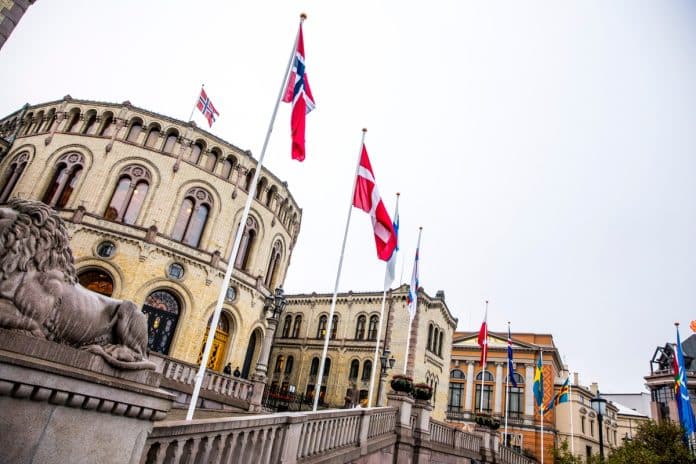UN experts have urged the Government of Norway to take the necessary steps to engage people of African descent to ensure their full integration into Norwegian society, without prejudice.
Following a recent fact-finding visit to Norway, the Working Group of experts on people of African Descent noted that Norway has set a policy and institutional framework against racism, successive anti-racism plans, a national human rights institution and other human rights bodies, a tribunal to address discrimination, and measures to address hate crimes in the country.
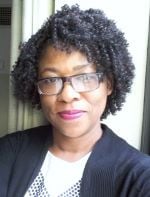
“However, people of African descent continue to face racial profiling, hate speech, racist bullying in schools, barriers to access employment and forced removal of children by Child Welfare Services (Barnevernet),” the experts said in a statement.
Forcible removal of children
“According to testimonies received during the visit, the forcible removal of children of African descent from their parents and their placement in Child Welfare services are not always done in the most appropriate manner for their wellbeing and, in some instances, has resulted in traumatising some children and generating fear among people of African descent in Norway” the Working Group said.
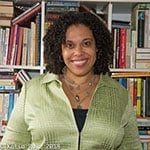
“According to information received from people of African descent, Child Welfare Services are perceived as policing their culture, presuming that they are guilty for the neglect of their children, which, in consequence, has reportedly had a negative impact on their family lives,” the experts said.
Discrimination
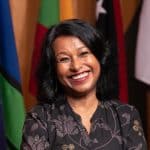
The Working Group noted that, in the pubic and private sectors, people of African descent are discriminated against and often offered positions that are not appropriate with their qualifications and capacities, thus resulting in a lack of recognition. Regardless their legal status, people of African descent experience discrimination daily because of their names and racial or ethnic background.
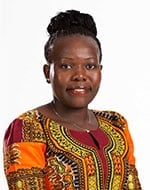
For the youngest generation of Norwegian of people of African descent, identity formation has been affected in many ways, as a consequence of a large-scale social and economic exclusion, which prevents them from being fully included in society.
Further, the Working Group raised concerns about the reportedly inequitable access to justice for people of African descent living in Norway who face racial discrimination and violations of their human rights.
The Working Group will present a report on its visit to the Human Rights Council in September 2024.
Working Group of Experts
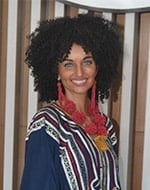
The Working Group of Experts on People of African Descent was established on 25 April 2002 by the then Commission on Human Rights, following the World Conference against Racism held in Durban in 2001. It is composed of five independent experts: Ms. Barbara G. Reynolds, current Chair-Rapporteur: Ms. Miriam Ekiudoko, Ms. Catherine S. Namakula; Ms. Bina D’Costa and Ms. Dominique Day.
The Working Group is part of what is known as the Special Procedures of the United Nations Human Rights Council. Special Procedures, the largest body of independent experts in the United Nations Human Rights system, is the general name of the Council’s independent fact-finding and monitoring mechanisms. Special Procedures mandate-holders are independent human rights experts appointed by the Human Rights Council to address either specific country situations or thematic issues in all parts of the world. They are not UN staff and are independent from any government or organization. They serve in their individual capacity and do not receive a salary for their work.

